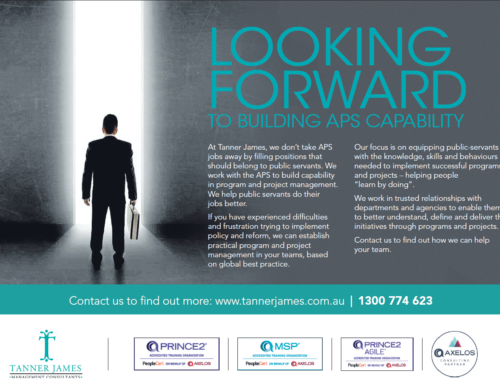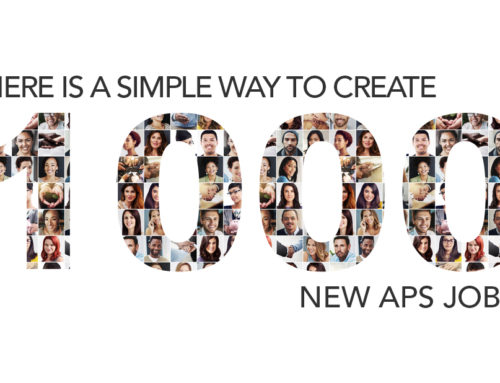AXELOS, the custodians of PRINCE2 and MSP have recently published their Power of Professional Certification report into how people perceive and value qualifications. I wanted to write this post as a discussion off the back of the report and delve into some of the topics covered.
Professional qualifications (and arguably most assessment based testing of any sort) have long had a complex relationship with workplace implementation. At the heart of the matter is the question of how do you effectively test someone’s ability to apply theoretical knowledge in a given situation without actually assessing their performance over a period time in that role. In professions where the correct application of theory is critical (for example Doctors) there are literally years of training and gradual acquisition of experience before being allowed to act alone and make decisions themselves. In many business roles, this time and investment can not be afforded.
When it comes to agile, project and programme management learning, the current format of up to 5-days training in a given discipline with up two exams throughout the duration has served many well. Indeed the AXELOS report (of which this type of training and qualification is the focus) found that “97% of decision-makers and 84% of individuals say certification has a positive impact, bringing higher efficiency and employee satisfaction”.
The current delivery of training in this format offers a balance between cost, time out of the office with being able to cover the required topics and discuss actual application in the workplace. Additionally when staff obtain a qualification, organisations do undoubtedly have confirmation that for their investment, staff have not only attended the training, but understood the concepts introduced. But despite this positive outlook from the report, at Tanner James we believe that there is much more too it than just the qualification.
High quality formal training from experienced professionals ensures that best practice is learnt before bad habits and ways of working become embedded in how a team or department operate. It is also important that the training is able to talk to specific case studies and examples relevant to the classroom that they are delivering too.
Indeed, successfully adopting these approaches is not simply a matter of sending individuals on training courses to attain qualifications. We believe strongly in the 70:20:10 model advocated by the APSC, where only about 10% of learning occurs in formal classroom training. The other elements are allocated to informal, on the job, experience based, stretch projects and practice (the 70%) and coaching, mentoring, developing through others (the other 20%).
So where do professional qualifications fit, and do they still have a future?
Well in short, the answer is yes. The process of qualification (or I could say qualifying someone) is an important way in which to ensure that best practice has been understood by those who are learning. In order to apply that knowledge in the workplace, you still need to take part in the actual learning element.
What I believe will be interesting to watch in the future is how the process of qualifying someone evolves. Historically we have always associated this with an exam or test. A binary pass or fail result which can be administered easily to learners. Yet there is so much potential in where this could evolve, not just through technological solutions (think virtual reality scenario based simulators) but creative thinking around how to assess and test individuals application of theory in a cost effective and fair way.
I don’t have an answer to where this will lead or end, but I hope that it has helped you to clarify your perception of professional qualifications and perhaps encouraged you about the future of where they could go. I’d be interested to hear any thoughts or ideas of where you see professional qualifications going in the future?






Leave A Comment